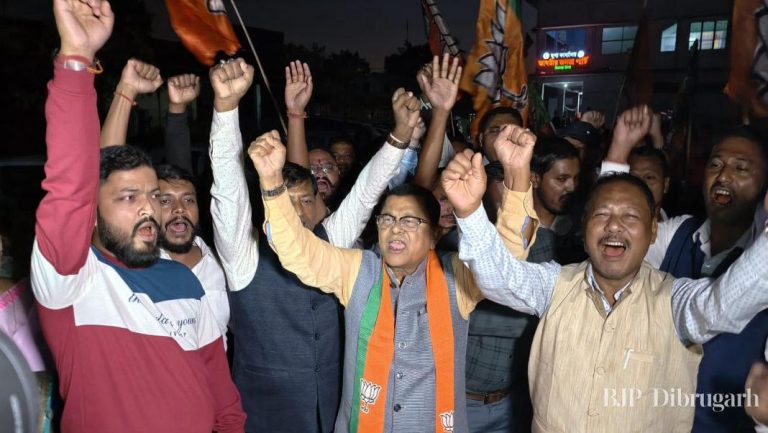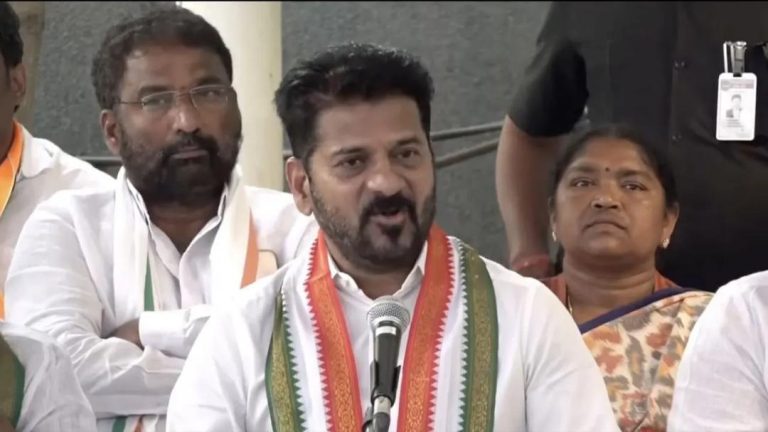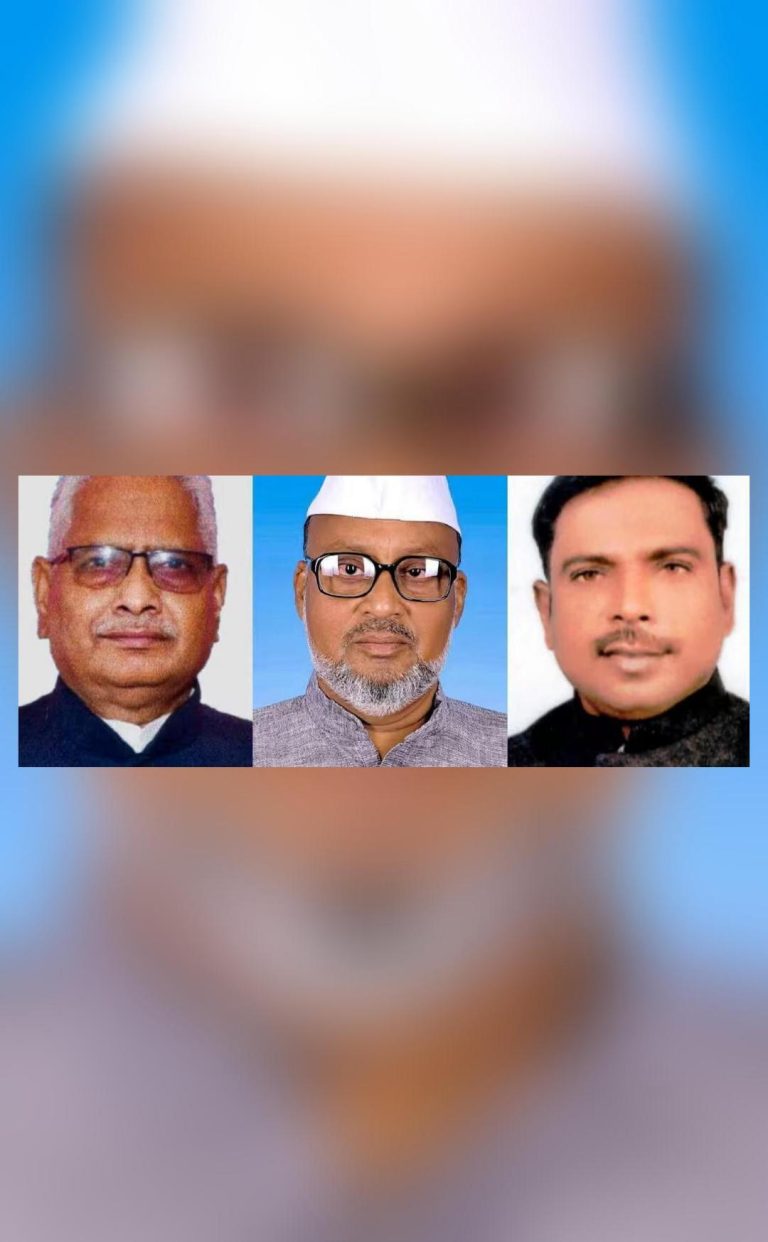
Nothing Happened to VIPs: Odisha Congress Chief on Puri Stampede
The recent stampede that occurred during Puri’s Rath Yatra, one of the largest and most revered festivals in India, has left several people dead and many more injured. The incident has sparked widespread outrage and condemnation, with many calling for a thorough investigation into the circumstances that led to the tragedy.
Amidst the chaos and grief, Odisha Congress chief Bhakta Charan Das has weighed in on the issue, criticizing the poor planning and VIP culture that he believes contributed to the disaster. In a statement, Das said, “VIPs came between God and devotees…nothing has happened to VIPs…I was also there…nothing happened to me.” He added, “The Rath Yatra must be devotee-centric, which it wasn’t.”
Das’s comments are a stark reminder of the glaring inequalities that exist in our society. While devotees risked their lives to catch a glimpse of Lord Jagannath, the VIPs who accompanied them seemed to be oblivious to the danger, prioritizing their own comfort and safety above all else.
The incident is a stark reminder of the importance of crowd management and safety measures. The Rath Yatra is a massive event that attracts millions of devotees from all over the world, and it is the responsibility of the authorities to ensure that the event is conducted in a safe and orderly manner.
Das’s criticism of VIP culture is well-timed and well-placed. In recent years, there has been a growing trend of VIP culture in India, where those in positions of power and influence are given preferential treatment and accommodations. This has led to a sense of entitlement and a lack of accountability among many VIPs, who often seem to believe that they are above the law.
The Puri stampede is a stark reminder of the dangers of VIP culture. When VIPs are allowed to mingle with devotees without any consideration for the safety and well-being of the latter, it creates a sense of chaos and confusion. The devotees are left to fend for themselves, while the VIPs are protected and pampered.
Das’s statement is also a testament to his commitment to the values of equality and justice. By speaking out against VIP culture, he is taking a stand against a system that is inherently unfair and unequal. He is saying that every individual, regardless of their social status or position of power, has the right to be treated with dignity and respect.
The Puri stampede is also a reminder of the importance of collective responsibility. When an event like this occurs, it is not just the authorities who are to blame, but also the VIPs who accompanied them. They need to take responsibility for their actions and acknowledge the role they played in creating a situation that was ripe for disaster.
Das’s statement also raises important questions about the role of politics in such events. Politicians often use such events to further their own agendas, without much consideration for the well-being of the devotees. They use the platform to make grand speeches and take selfies, without taking the time to listen to the concerns of the people.
The Puri stampede is a wake-up call for all of us. It is a reminder that we need to do better, and that we need to prioritize the safety and well-being of all individuals, regardless of their social status or position of power. We need to recognize that every individual has the right to be treated with dignity and respect, and that we need to work towards creating a more just and equal society.
In conclusion, Das’s statement is a powerful indictment of VIP culture and the dangers it poses. It is a call to action, urging us to do better and to prioritize the safety and well-being of all individuals. As we move forward, we need to remember the lessons of the Puri stampede, and work towards creating a more just and equal society for all.






